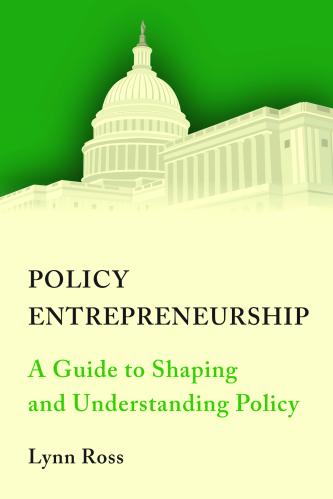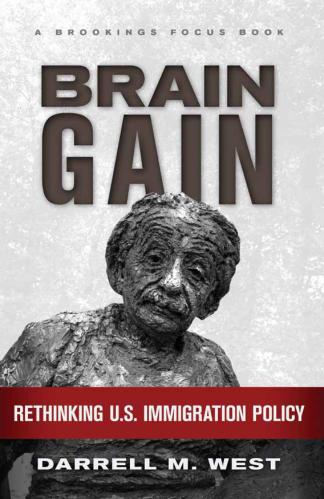With little taste for new spending programs, America has another option for creating jobs. It’s called entrepreneurship, and polices that promote it can be a low-cost stimulus package that sparks innovation and creates tens of thousands of jobs.
The core idea is to build an army of entrepreneurs — the people who take new ideas and move them from the garage (or the lab) to the marketplace as part of businesses that create jobs. Our studies at the Kauffman Foundation show that over the last three decades new businesses five years of age or younger have been responsible for virtually all of our economy’s net new jobs. If our national mantra is “jobs, jobs, jobs,” entrepreneurs are the ones who historically have delivered with a disproportionate share of the disruptive innovations that really drive growth. The automobile, the airplane, the computer revolutions were brought to market by startups, not established firms.
Our entrepreneurial stimulus package can begin by leveraging money we already spend, including $90 billion in federal research funding that goes to U.S. universities every year. These schools do outstanding work in training minds to explore new ideas and expand human knowledge. To create jobs for their grads, we also need universities to earn A+ grades for promoting entrepreneurship by helping faculty and students maximize the commercial success of their best ideas.
Some say universities’ role is pure research, not its application. But universities aren’t monasteries. If they accept taxpayer dollars for research, it’s fair to expect the findings to be applied to real world needs in return — and commercialization that scales ideas for mass benefit is the most powerful way to get that done.
Here are three ideas for getting the most from university-based research:
- Invigorate the grant allocation process to ensure a sufficient share goes to younger researchers who are more likely to challenge old paradigms as they hunt for true breakthroughs. New federal rules could counter the tendency of existing peer review to direct most funds to the most senior members in the academic club room.
- Open the intellectual licensing process to market forces by giving researchers the final word on licensing their own discoveries and exploring new licensing concepts. The centralized licensing office that prevails on most campuses tends to stifle the boldness and experimentation at the heart of marketing success.
- Build a new academic tradition of entrepreneurial education and coaching to help innovators maximize the commercial potential of their ideas and launch business ventures that create and support jobs.
An entrepreneurial stimulus package also should include amended laws that open our country to entrepreneurial immigrants with the zeal to bring new innovation and growth to America. Studies show that immigrants account for a disproportionate share of successful high-tech startups, new enterprises generally, and patents. Yet, our immigration laws tend to drive them out when we should be pulling them in. Isn’t it backwards to open our campuses and nurture the brightest young minds from abroad, only to cast them away just as they offer the fruits of that education in return? That’s like planting vineyards only to uproot them when harvest time arrives.
Instead of shutting the door, what about revised rules that attach a green card to U.S. college diplomas handed to foreign students or make available a “jobs creator visa” for immigrants who start new businesses, invest in startups, and create jobs for Americans?
In political debate, some suggest that immigrants take jobs that Americans can do. But immigration rules that attract the entrepreneurial subset from abroad will create far more jobs than they displace. If just one in ten of foreign students and the highly skilled individuals who now aspire for H1-B visas launch a U.S. business and hire a worker, our economy gains 100,000 new jobs. And, based on our research at the Kauffman Foundation, one of ten is a conservative goal. This type of targeted immigration reform is really a jobs program for Americans — and one that doesn’t require new spending.
Entrepreneurial stimulus won’t fix the economy by itself or bring back all 8 million jobs that we’ve lost. Other policy adjustments may well be required. But new ideas, innovation, and the businesses that commercialize them are surely part of the answer. It takes entrepreneurs to make that happen, and America should embrace the policies to assist them.








Commentary
Op-edEntrepreneurial Stimulus Package Can Help U.S. Jobs Shortfall
June 30, 2010